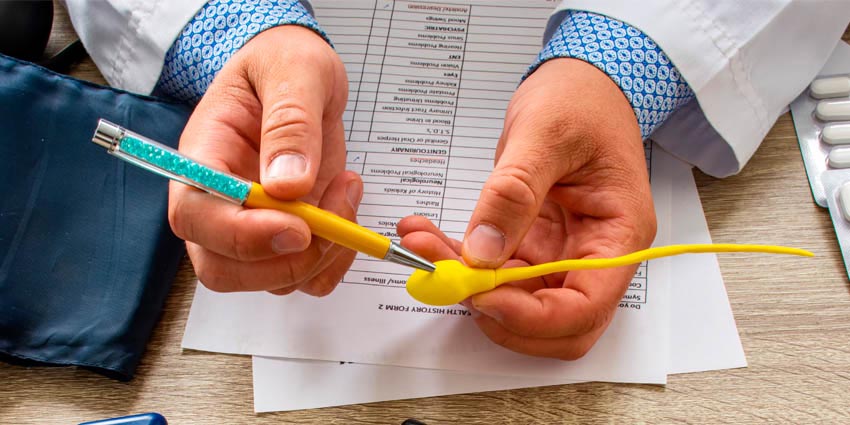OUR ADDRESS
Email: xtemos@gmail.com
Phone: +18 (0) 545 77 32
Email: xtemos@gmail.com
Phone: +18 (0) 545 77 32
CONTACT US
Whether you’re looking for answers, would like to solve a problem, or just want to let us know how we did, you’ll find.
SEND US A MESSAGE
CONTACT INFORMATION
Do you have questions about how we can help your company? Send us an email and we’ll get in touch shortly.


